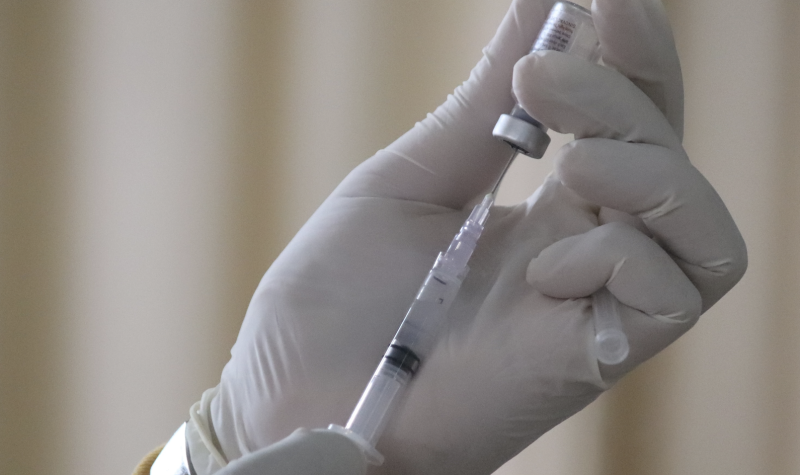Kai Matthews, a freshman at Acadia University, died from meningitis B in June 2021. His parents created a campaign to bring more awareness to the dangers around the disease.
Maria Gaynor, also died from Meningitis B in December 2022 after an outbreak at Dalhousie.
In May, the province of Nova Scotia announced that the meningococcal B vaccine is free for youth aged 25 and under who are considered high-risk. This includes those entering post-secondary and living in dormitory or other residence and first-time military recruits who will be living in congregate settings such as military barracks.
“Those who live in a dormitory setting have about three times higher risk of catching meningitis B, than other adults the same age,” Dr. McNeil says.
Meningitis B is a bacterial infection that causes inflammation in the lining of the brain and can cause infections in the bloodstream that can lead to sepsis.
“People get very sick very quickly, over 12 to 24 hours,” Dr. McNeil says.
Symptoms can range from developing a headache associated with a fever as well as a rash, commonly on the lower leg, Dr. McNeil says. These symptoms can rapidly progress.
“One in 10 people who get meningitis will die from it and about a third of the people who survive will have complications,” Dr. McNeil says.
According to the World Health Organization, meningitis B is spread through close contact with mouth secretions such as kissing, sneezing or coughing on someone or living in close quarters with an infected person.
“It’s really that sort of lifestyle in dormitories that probably leads to that increased risk,” Dr. McNeil says.
The two doses of the vaccine need to be taken at least one month apart so Dr. McNeil is urging students to get their first dose before the school year begins.
“The sooner you get two doses the sooner you're protected,” Dr. McNeil says.
Listen to the story below:


